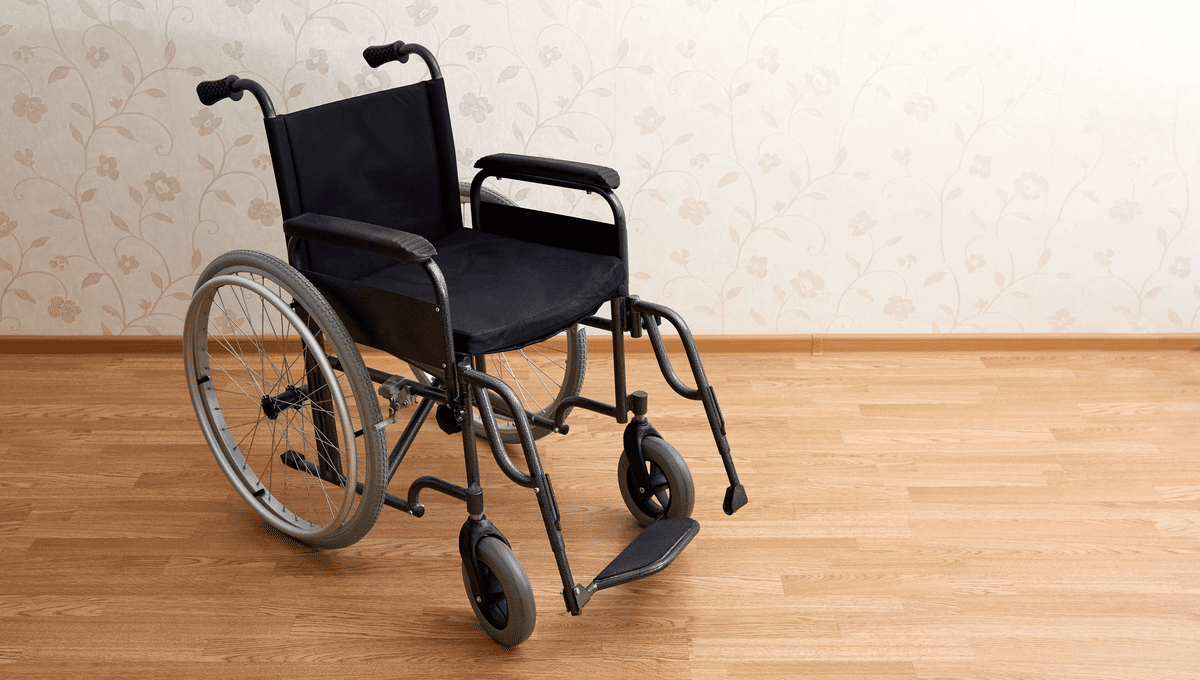
A landmark new study has shown once and for all that patience really is a virtue – at least if you’re hoping to change the world. After a slow start, tofersen – an experimental drug being investigated as a treatment for motor neurone disease (MND) aka amyotrophic lateral sclerosis (ALS) – has turned out to be a potentially pretty remarkable therapy for this devastating neurodegenerative disease.
“I have conducted more than 25 MND clinical trials,” said Pamela Shaw, Professor of Neurology at the University of Sheffield, “and the tofersen trial is the first trial in which patients have reported an improvement in their motor function.”
Motor neurone disease is a group of rare and relatively mysterious conditions, characterized by the progressive loss of communication from the brain and spinal cord to the muscles. What may start with a slightly weaker grip or leg cramps slowly but surely becomes an inability to move, swallow, and even breathe: it’s irreversible, progressive, and fatal, and although incredible advances in treatment have been made in recent years, there is still no cure, no “standard” progression, and until now, no definitive known cause.
Except, that is, in around two percent of cases. For those one in fifty ALS patients – and up to one in five of those with a family history of the disease – the cause is a faulty SOD1 gene.
While it’s not yet known exactly what links one to the other, some of the latest and most promising new therapies for ALS have been based on this relationship. Back in 2020, for example, researchers from the University of Illinois at Urbana-Champaign found success using CRISPR gene-editing technology to “deactivate” SOD1 in mice with the disease, resulting in improved muscle function, slower disease progression, and extended lifespans.
Researchers at the Sheffield Institute for Translational Neuroscience, or SITraN, of which Shaw is Director, took a slightly different approach – though the general idea is the same. T
Tofersen works through a technique called “antisense,” directly interfering with the body’s faulty instructions for making the SOD1 gene. Evidently, though, it takes a little longer to work than originally anticipated – after six months, at the phase 3 trial’s primary endpoint, patients were not showing physical improvements from their tofersen regimen, even while the levels of certain ALS biomarkers their cerebrospinal fluid had dropped significantly.
However, the picture is very different another six months on. “What we have found is that we can reduce or slow damage from happening biologically, but it takes more time for the motor neurones to heal and regenerate their connections with the muscles,” Shaw said in a statement on the result. “So, the motor system needs time to heal before we see a physical and clinical change.”
Not only is this incredible news for the thousands of people worldwide with SOD1 ALS, but the project’s success may potentially translate to treatments for other forms of the disease. Future researchers may be able to extend the approach to counter other harmful proteins – and in doing so, they will be able to exploit the biomarkers found by the team at SITraN to measure the therapies’ success.
“Tofersen is a treatment for only two per cent of those living with MND,” said Chris McDermott, Professor of Translational Neurology at SITraN and a co-author of the study. “We have learned much in doing this clinical trial that will help us do smarter and faster clinical trials in the future.”
With the success of this trial, tofersen has already been accepted for accelerated review by the FDA – and MND groups are already in contact with Biogen, the manufacturer of tofersen, to explore regulatory approval for the drug around the world. If all goes well, patients with SOD1 ALS may soon find themselves with a much better prognosis than they could expect even a few months ago.
“Never before have I heard patients say, ‘I am doing things today that I couldn’t do a few months ago – walking in the house without my sticks, walking up the garden steps, writing Christmas cards’,” said Shaw.
“This trial is going to change the future of MND trials for patients.”
Source Link: For Some ALS Patients, A New Drug Shows Potential To Slow And Even Reverse Disease Progression